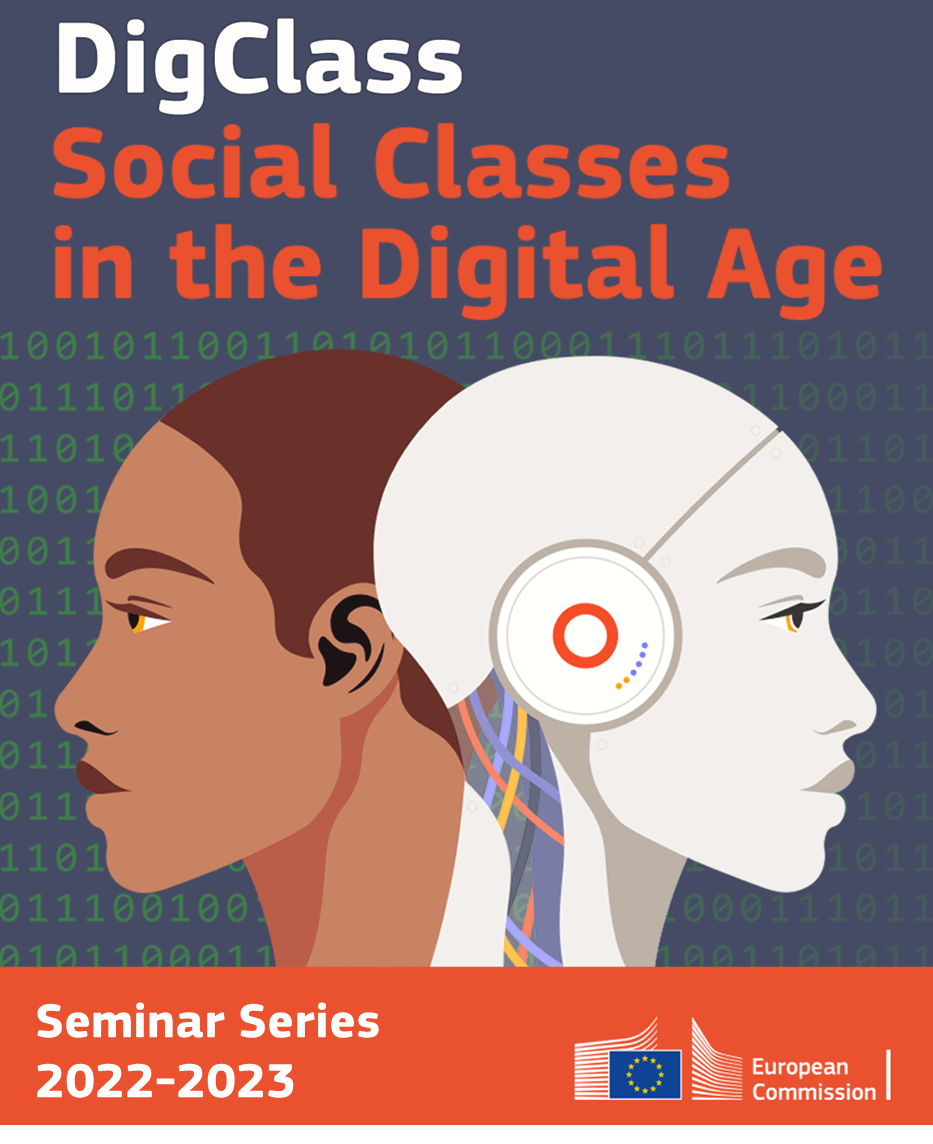- environmental policy | carbon dioxide | social inequality | pollution | distribution of income | green economy | greenhouse gas | socially disadvantaged class
- Tuesday 29 November 2022, 15:00 - 16:00 (CET)
- Online only
- Live streaming available
Practical information
- When
- Tuesday 29 November 2022, 15:00 - 16:00 (CET)
- Where
- Online only
- Languages
- English
- Organisers
- Joint Research Centre
- Website
- Link to the Session
- Social media links
Description
Title
Global Carbon Inequality
Abstract
In this presentation, Lucas Chancel will outline the main findings from his research on Unsustainable Inequalities (Harvard University Press, 2020), drawing from the World Inequality Database to map out Global Carbon Inequality dynamics and inform policymakers about fairness in the Green Transition. All humans contribute to climate change, but not in the same proportions. In his research, Chancel estimates the global inequality of individual greenhouse gas (GHG) emissions between 1990 and 2019, using a newly assembled data set of income and wealth inequality, Environmental Input-Output tables and a framework distinguishing between emissions from consumption and investments. Benchmark estimates indicate that the bottom half of the world population emits 12% of global emissions, while the top 10% emits 48% of the total in 2019. Since 1990, the global top 1% has been responsible for 23% of emissions growth and the bottom 50% for only 16% of the total. While per capita emissions of the global top 1% increased since 1990, emissions from low and middle-income groups in rich countries declined. As a result, 63% of the global inequality in individual emissions is now due to gaps between low and high emitters within countries rather than between countries. In 1990, the situation was the reverse. Emissions from investments, rather than consumption, represent the bulk of emissions from the global top 1%. These findings have implications for contemporary debates on fair climate policies and stress the need for more systematic individual emissions data production efforts by governments: a lot remains to be learned about the relationship between emissions and wealth.
Speaker
Lucas Chancel is an economist specialising in inequality and environmental policy. His work focuses on measuring economic inequality, its interactions with sustainable development and the implementation of social and ecological policies. Lucas is Co-Director and Senior Economist at the World Inequality Lab at the Paris School of Economics (PSE). From December 2022 onwards, he will be Associate Professor (with tenure) at Sciences Po. He is also Visiting Senior Scholar at the London School of Economics and was recently a Visiting Scholar at the Harvard Kennedy School. He also serves as a Senior Advisor at the European Tax Observatory and is an Associate researcher at the Insitute for Sustainable Development and International Relations. Lucas obtained his PhD in Economics from the School of Higher Studies in the Social Sciences (EHESS) – Paris School of Economics. He holds a Master's in Economics and Public Policy from Sciences Po, Ecole Polytechnique and ENSAE and a Master of Science in Sustainable Energy from Imperial College London. He also studied at the London School of Economics and Jawaharlal Nehru University in New Delhi. Coverage of his work can be found in Science, Nature, the New York Times, the Guardian, Le Monde, Der Spiegel, El Pais and other international publications. His work also features in the IPCC 6th assessment report. More information here: https://lucaschancel.com/en/biography/
DIGCLASS Seminar Series
The DIGCLASS seminar series is expected to facilitate the exchange of cutting-edge ideas and debates related to social inequality, labour economics and political economy between JRC researchers and beyond by attracting external scholars, policy-makers and a general audience.
Visit the DIGCLASS website to check the full programme!
Drop us a line at JRC-CAS-DIGCLASS@ec.europa.eu if you want to stay tuned with our seminar series and other activities.

